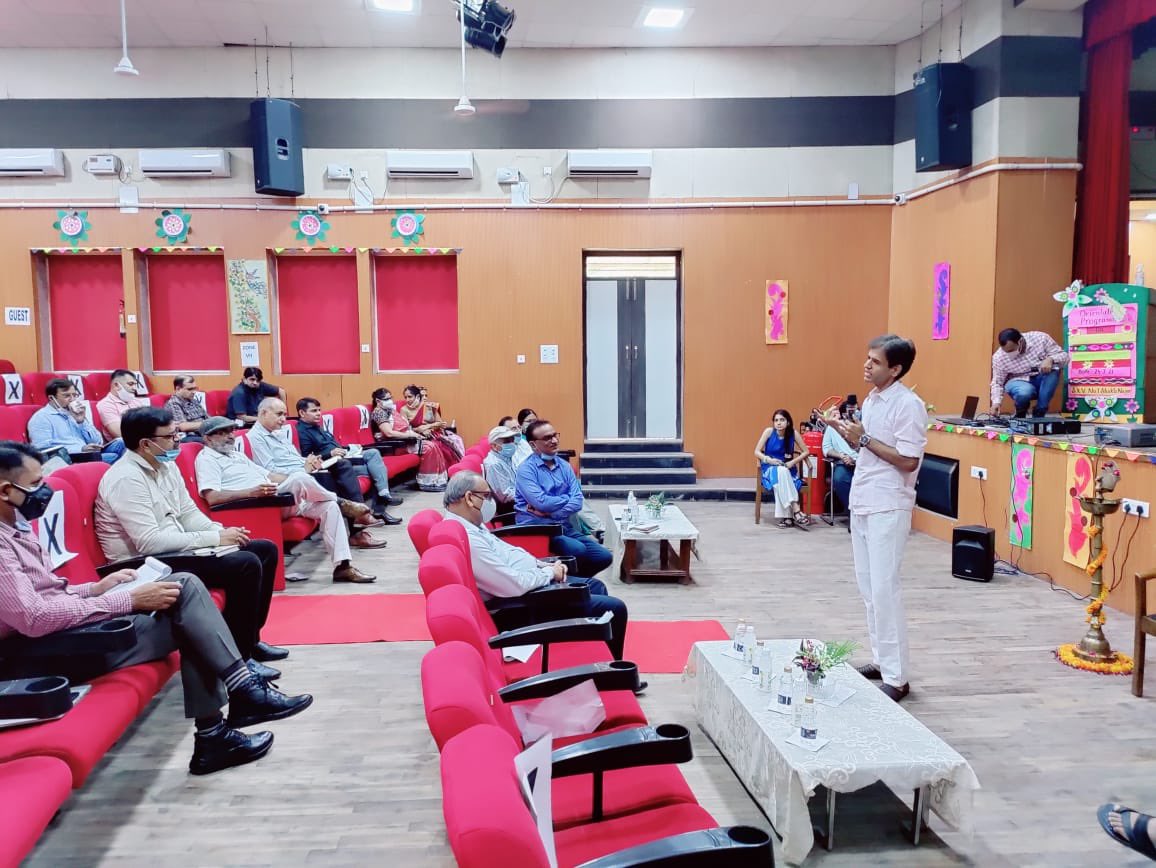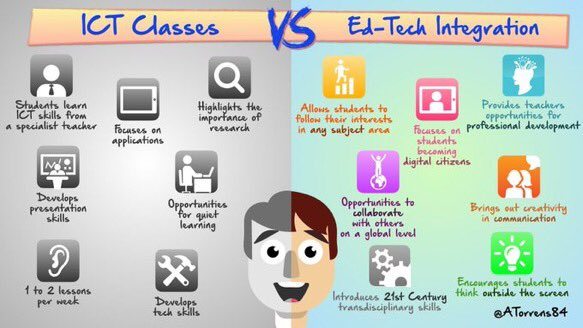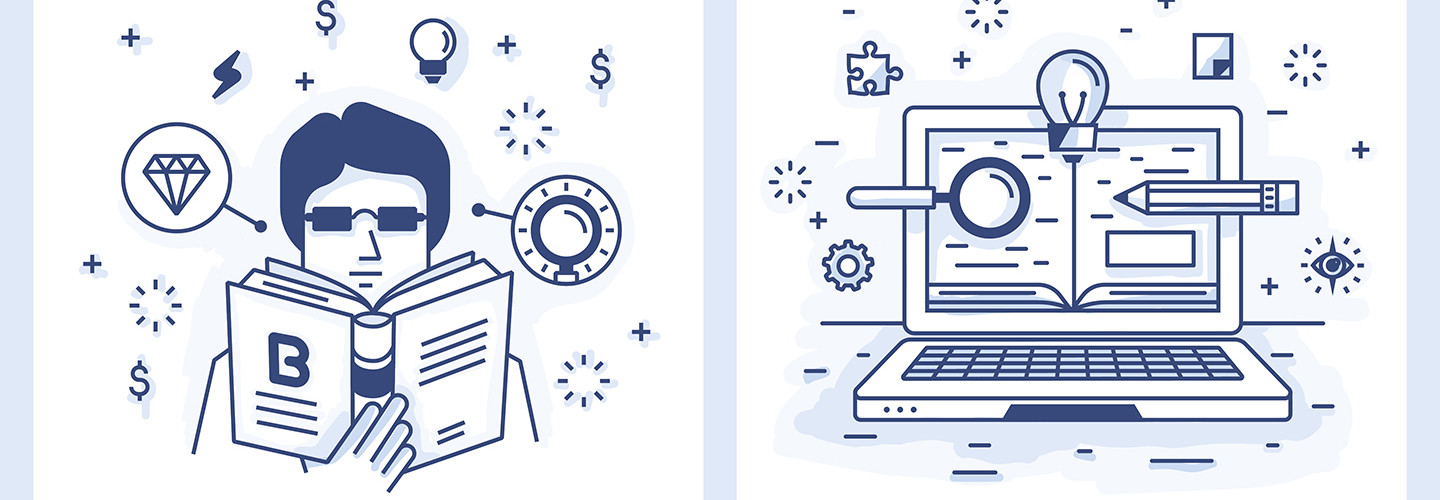
Tailoring Education for Individual Success with Adaptive Learning Systems
Adaptive Learning Systems have become a cornerstone in modern education, dynamically shaping the learning experience to meet the unique needs of each student. Explore the transformative impact of these systems on education and how they contribute to individualized success.
Personalized Learning Paths
At the heart of Adaptive Learning Systems is the concept of personalized learning paths. These systems use advanced algorithms to analyze individual student progress, learning styles, and performance. By understanding each student’s strengths and areas that need improvement, Adaptive Learning Systems tailor the educational journey to suit their pace, ensuring a personalized and effective learning experience.
Continuous Assessment and Feedback
One key advantage of Adaptive Learning Systems is their ability to provide continuous assessment and feedback. Traditional assessment methods often have limitations in providing real-time insights into a student’s understanding of the material. Adaptive systems, on the other hand, offer instant feedback, enabling students to identify and address gaps in their knowledge promptly. This real-time assessment contributes to a more adaptive and responsive learning environment.
Dynamic Content Delivery
Adaptive Learning Systems deliver content dynamically based on individual student performance. As students progress, the system adjusts the difficulty and complexity of the material. This ensures that students are consistently challenged at an appropriate level, preventing boredom or frustration. The dynamic content delivery engages students and promotes a deeper understanding of the subject matter.
Addressing Diverse Learning Styles
Every student learns differently, and Adaptive Learning Systems recognize and accommodate diverse learning styles. Whether a student is a visual learner, auditory learner, or kinesthetic learner, these systems adapt the presentation of material to suit individual preferences. This inclusivity ensures that educational content resonates with each student, making learning more accessible and effective.
Adaptive Learning in Skill Mastery
Adaptive Learning Systems excel in supporting skill mastery. By identifying areas where a student needs more practice or additional explanation, these systems provide targeted interventions. Whether it’s mastering mathematical concepts, language skills, or scientific principles, Adaptive Learning Systems guide students through a personalized journey that fosters mastery and confidence.
Flexibility in Learning Schedules
Adaptive Learning Systems offer flexibility in learning schedules. Students can access educational content and complete assignments at their own pace and convenience. This flexibility is particularly beneficial for learners with varied schedules, allowing them to engage with the material when they are most focused and receptive. The adaptability of these systems caters to the diverse lifestyles of today’s learners.
Supporting Students with Special Needs
Adaptive Learning Systems play a vital role in supporting students with special needs. Whether a student requires additional time, alternative formats, or specific accommodations, these systems can be customized to meet individual requirements. The adaptability of these systems fosters an inclusive learning environment, ensuring that all students, regardless of their abilities, can thrive academically.
Enhancing Engagement Through Gamification
Gamification elements are often integrated into Adaptive Learning Systems to enhance engagement. Points, badges, and interactive challenges make the learning experience more enjoyable and motivate students to actively participate. Gamified elements tap into students’ intrinsic motivation, creating a positive and stimulating environment that promotes sustained engagement.
Preparation for Lifelong Learning
Adaptive Learning Systems instill a mindset of lifelong learning by promoting self-directed learning and adaptability. In navigating personalized learning paths, students develop critical skills such as self-discipline, time management, and the ability to seek out resources independently. These skills are invaluable for lifelong learners who continually seek knowledge and adapt to new challenges.
Data-Driven Decision-Making for Educators
Educators benefit from Adaptive Learning Systems through data-driven decision-making. These systems generate detailed analytics on student performance, progress, and areas of improvement. Educators can use this data to tailor their teaching strategies, provide targeted interventions, and ensure that each student receives the support they need. The data-driven approach enhances the overall effectiveness of teaching and learning.
For a comprehensive exploration of Adaptive Learning Systems and their transformative impact, visit Adaptive Learning Systems. Discover resources and insights to stay at the forefront of personalized and adaptive education, shaping the future of individualized learning success.



